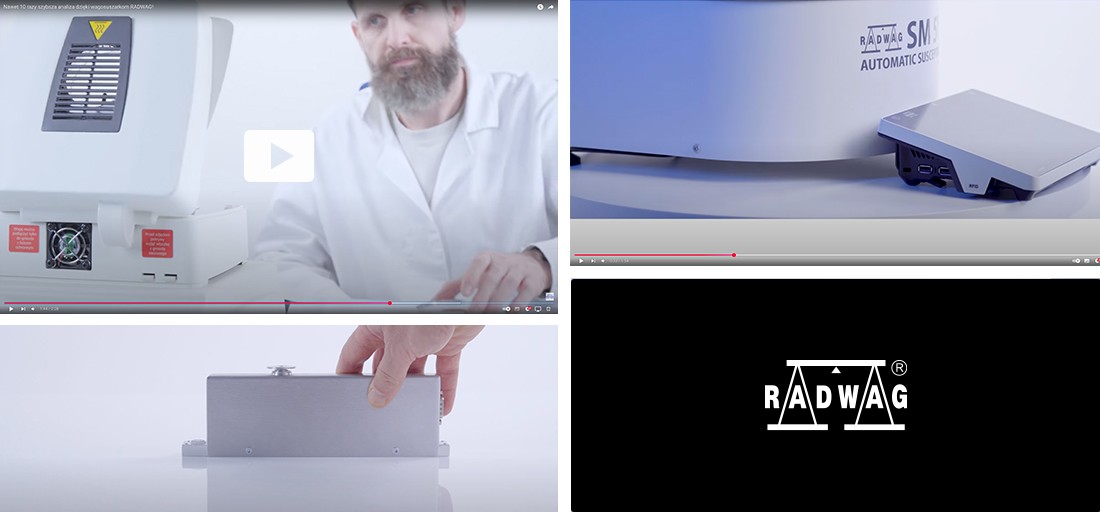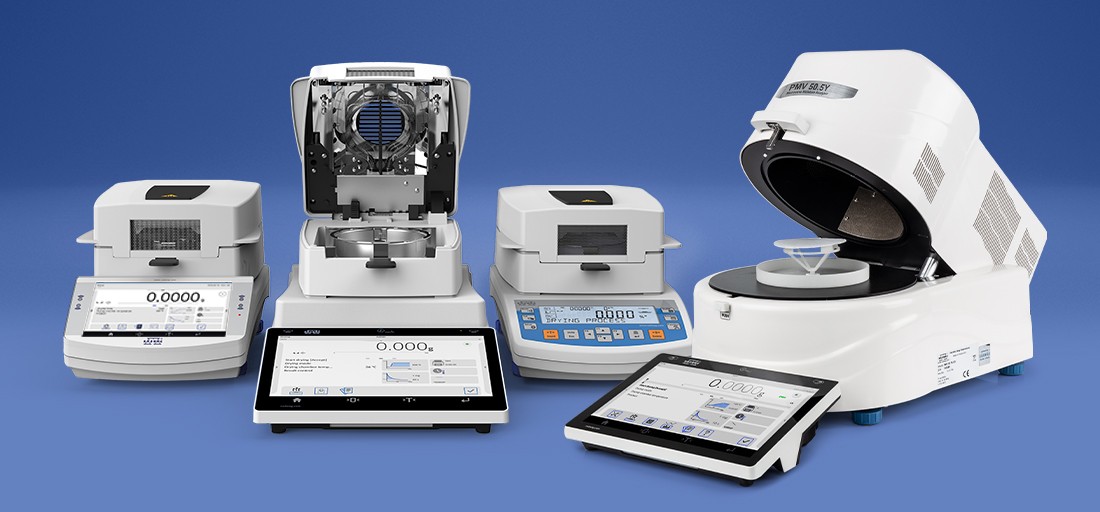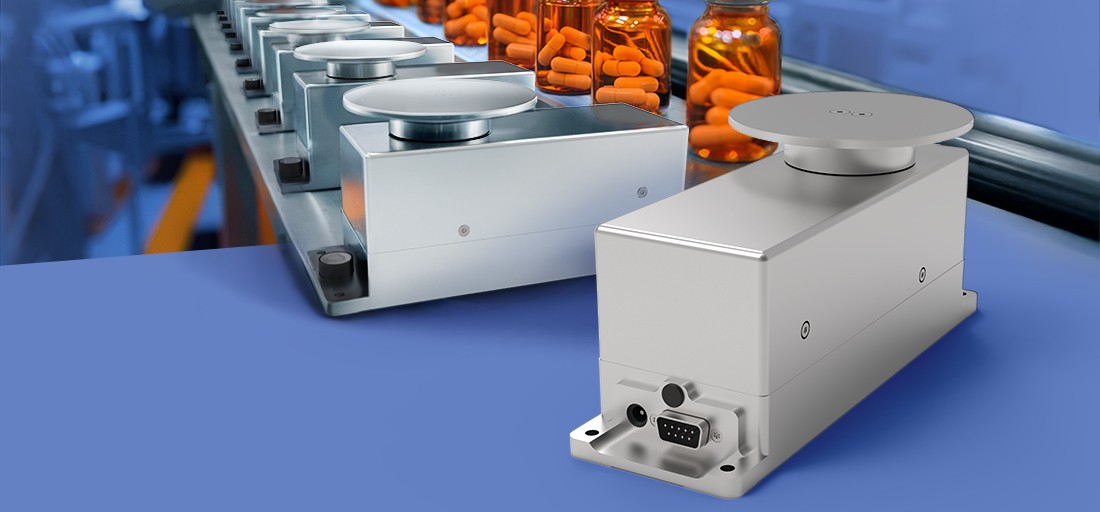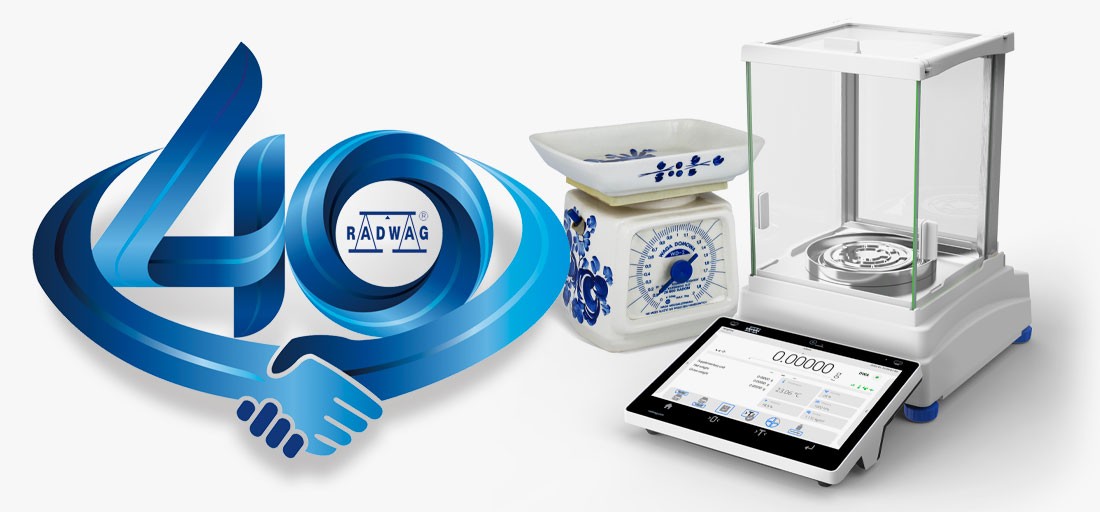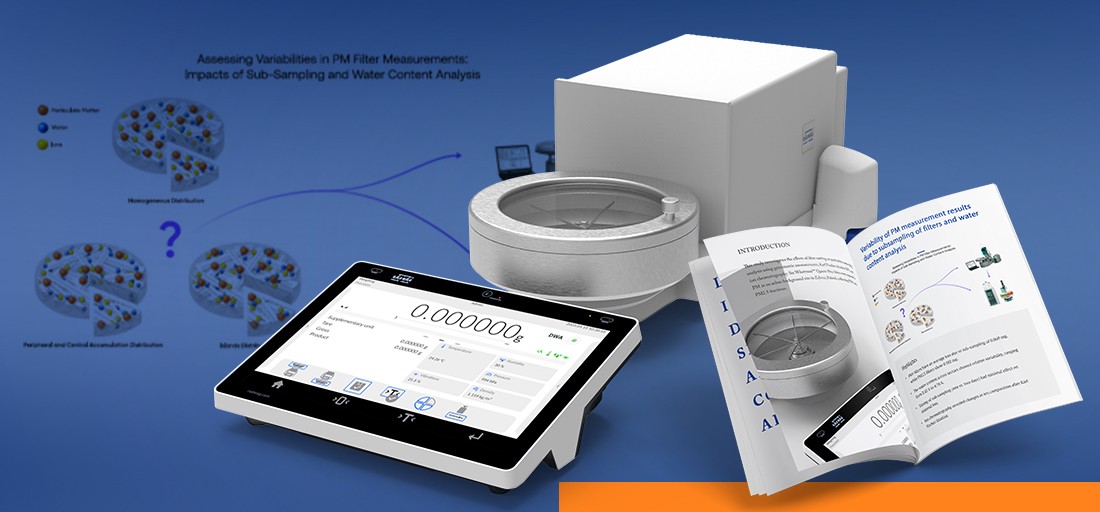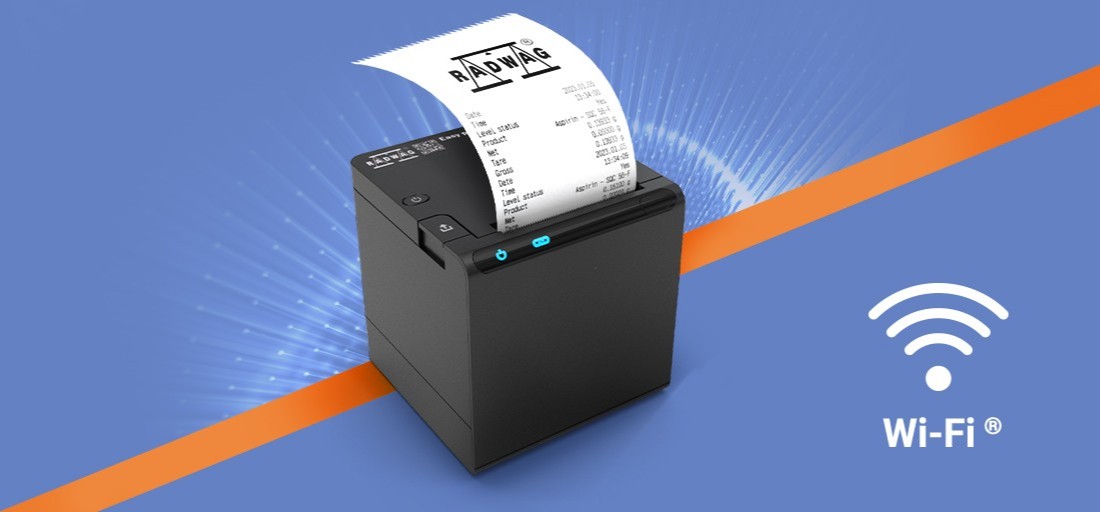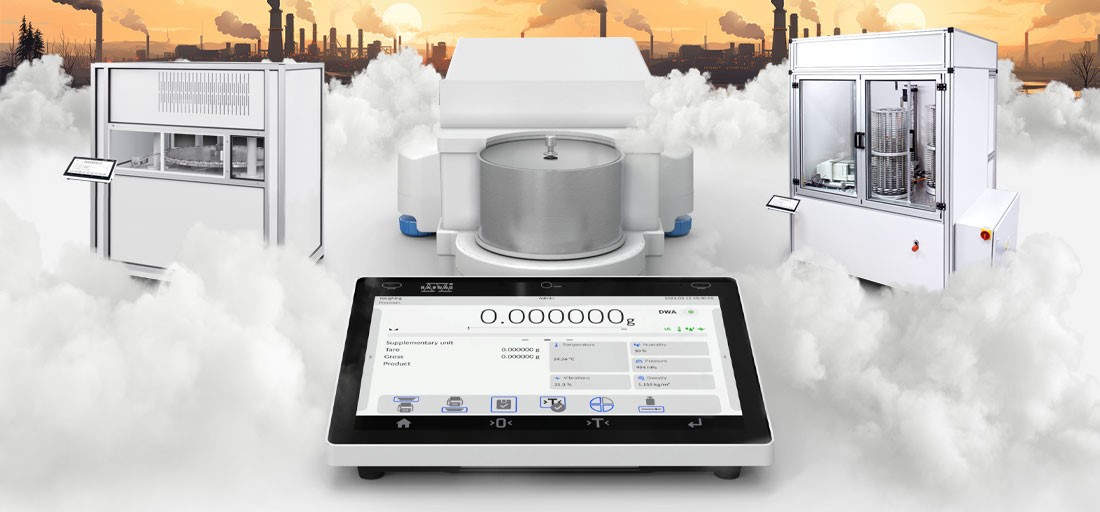What Do You Need to Know about RADWAG Medical Scales? Personal, Baby, Chair and Bed Scales of Our Production
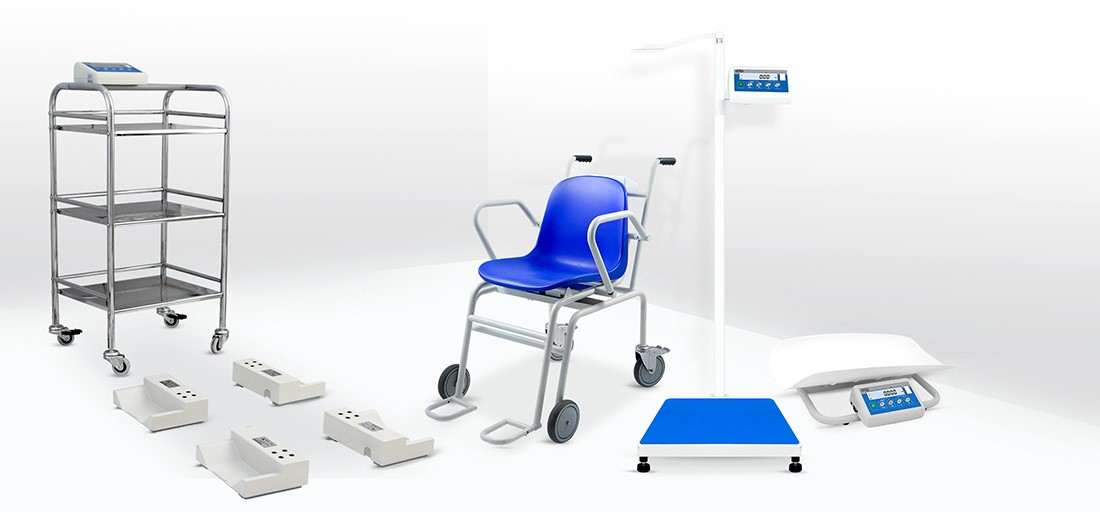
Medical scales are used in doctors’ offices, clinics, hospitals and other health care facilities. RADWAG offers personal, infant, chair and bed medical scales. What are the features and applications of each medical scale?
RADWAG Personal Scales – Features and Applications
Personal scales have a lightweight and ergonomic design – the device is easy to carry, and standing on it does not require lifting a leg. Equipped with an anti-slip mat covering the surface of the platform, they allow you to maintain a stable posture while measuring. Personal scales must be listed in the register of medical devices.
RADWAG personal scales make it possible to determine body mass index, or BMI (Body Max Index) for short. BMI is a parameter calculated on the basis of the ratio of a person’s height to his weight, which makes it possible to classify body weight as normal, too small (underweight) or too large (overweight). Determining BMI is very important for people on a diet and those with type II diabetes or atherosclerosis and at risk of heart attack as well as for those who care about their health. You will measure your BMI on the C315.OW Personal Scale manufactured by RADWAG.
RADWAG Baby Scales – What Are Their Features and Applications?
Since baby scales are lightweight and mobile, you can move them anywhere. The tare function available in them is very useful, for example, when weighing an infant with a diaper or sanitary pad. In addition, the appropriately shaped and inclined at the right angle “weighing cradle”, on which you weigh the infant, allows you to measure the weight ergonomically and, above all, safely.
Baby scales are very accurate – the readability of C315.6/15.D-1 Baby Scales manufactured by RADWAG is 2 g. Scales of this type must be accurate, because the doctor adjusts the dose of medicine to the previously measured weight of the infant. Another important feature of these scales is the electronic solutions and filters used in them, which allow precise measurement even despite the constant movement characteristic of infants.
There is no question that controlling an infant’s weight is very important. Both too fast and too slow infant weight gain carry the risk of many diseases and health problems, including on the one hand, childhood obesity, and on the other, motor or psychological disorders.
What Are the Features and Applications of RADWAG Chair Scales?
Stable chair scales are designed for weighing patients in a sitting position. They include elderly, seriously ill and injured patients who do not have the strength to stand up on their own. Chair scales have wheels that allow patients to be transported quickly and easily, as well as wheel-locking brakes, so the patient can sit on and off such a device without the scale moving. Another design element enhancing the ergonomics of RADWAG’s C315.K Chair Scales are tilting foot and hand rests.
RADWAG Bed Scales – Features and Applications
Bed scales are used for weighing patients whose condition or treatment (dialysis, chemotherapy, etc.) precludes a body position other than lying down. We offer two design variants of these devices: C315.8B Ramps Bed Scales adapted to older type beds and C315.4B Bed Scales designed for specialized beds equipped with special patient positioning systems. The new design of beds requires a different way of weighing; measuring sensors are then placed under each wheel, and a special elevator adapted to wheels with a diameter of 100 to 200 mm facilitates the placement of such a sensor under the wheel even before measurement.
Bed scales that are structurally adapted to specialized beds are equipped with a transport cart that also serves as a display stand.
We kindly encourage you to get familiar with RADWAG’s medical scales offer.





